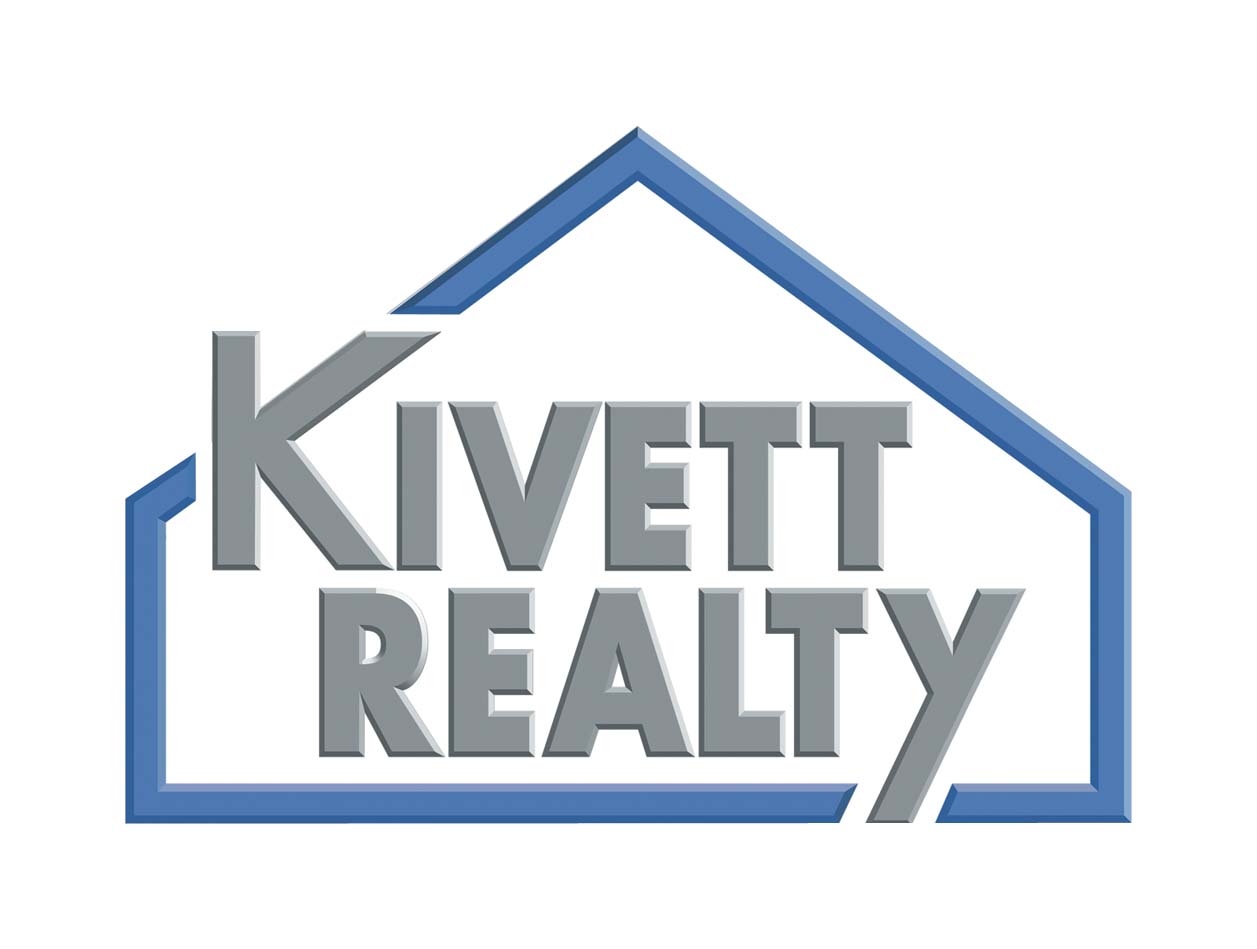Increasing Your FICO Score for Home Buying

Choosing a lender isn't the first step in becoming a homeowner. In reality, the home buying process starts and ends with your finances. Without an above average credit score, purchasing a house is harder and, you could end up renting for another couple of years in Lomita, California until your score improves.
The Fair Isaac Company calculates your FICO score on the summary of your total credit history. Most people usually have a score of 600, but scores are tiered from 300 to 850. With the change in the economy, however, some borrowers have seen their score drop dramatically as a result of loss of employment, closed credit card accounts, or credit card accounts that were closed because they don't carry a balance. Some of the pieces in deciding your FICO score are:
- Credit Inquiries — Do you have too many open accounts?
- Types of Credit — Do you have a healthy mix of loans and credit cards?
- Payment History — How many late payments have you made?
- Credit to Debt Ratio — How much do you owe versus your available credit?
In reviewing your credit history, you'll discover that you actually have three reports. Experian, Equifax and TransUnion — three of the major credit reporting agencies — use a slightly different systems to calculate your credit rating. FICO is used by Experian. Equifax's model is called BEACON and TransUnion uses EMPIRICA. You have a credit score with all of the bureaus.
When you apply for a mortgage or any other loan, lenders want to make sure that extending a loan to you isn't a risk. Your credit score gives lenders an insight into what type of borrower you are solely because of your credit history. Because of the shift in the economy, most home buyers should have scores in the range of 700 or higher to get an acceptable interest rate. You can qualify for a loan with a lower score, but the interest accumulated in the long run could be more than double the amount of someone with a better FICO score.
Improving your credit is the best way to ease into buying a home. Call us at (310) 784-8321 and we can help you get on the right track to the home of your dreams.
You want a higher score, but how do you get it? Improving your FICO score takes time. It can be difficult to make a large-scale change in your credit score with quick fixes, but your score can improve in a year by keeping tabs your credit report and by using your credit wisely. The best way to do this is to know your FICO score. Here are some ways you can improve your credit score:

- Spread your debt around. At first, this doesn't seem like a good idea. But, you steer clear of having one card that is holding the maximum and have the rest of your cards at a zero balance. It's better to have each of your cards at a lower balance than to have the most of your debt sitting on one card.
- Apply for gas station cards or chain store credit. For those who have non-existent credit or below average credit, chain store credit cards and gas credit cards are ways to repair credit, increase your credit limits and stay on top of your payments, which will raise your FICO score. You should always beware of maintaining a high balance for more than a couple of months because these types of cards more than likely have a surprising interest rate.
- Use your credit. Whether you're just getting started with credit, or if you've got older cards, use your cards to make sure your accounts stay active. But, make sure you pay them off in no more than two or three payments.
- Pay on time. How often you're late with payments greatly affects your credit score. It's one of the reasons people who have recently been unemployed see the biggest hit in their credit score. Yes, it takes longer to build up your credit with payment history, but it's the surest way to prove that you're responsible enough to make payments to a lender.
- Correct your credit report. If you find incorrect items on your credit report, contact the bureau requesting that the item be removed. If you have a common name or the same name as a family member, you'll want to pay extra attention to make sure the activity reported is correct.
Knowing the methods you can use to raise your FICO score, you can move toward becoming a homeowner. Know that when it's time to apply for a loan to purchase a house, you'll want to keep your lender applications within a two-week window to avoid damaging your credit score. With the help of Kivett Realty, the loan application process is sure to go more smoothly so you, too, can become a homeowner.
To learn more, visit myFICO.com, Fair Isaac's informational site and once per year, for free, you can review all three of your credit reports at annualcreditreport.com. And, for a small payment, you can get your FICO score from each bureau on their websites: equifax.com, experian.com and transunion.com.

